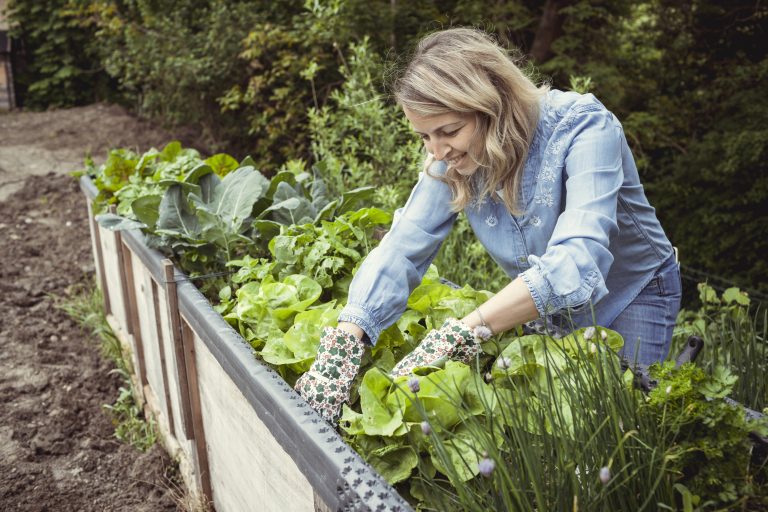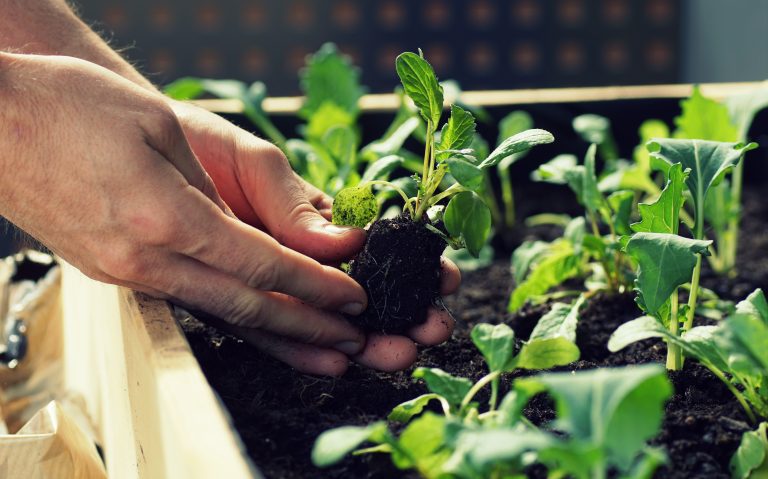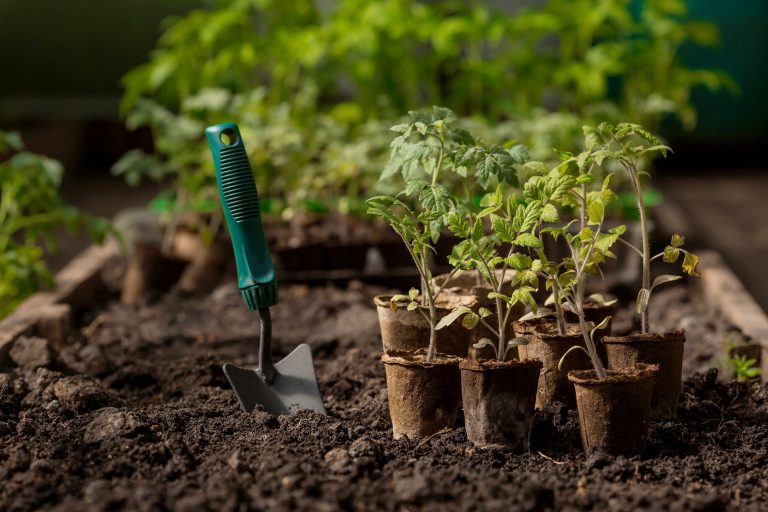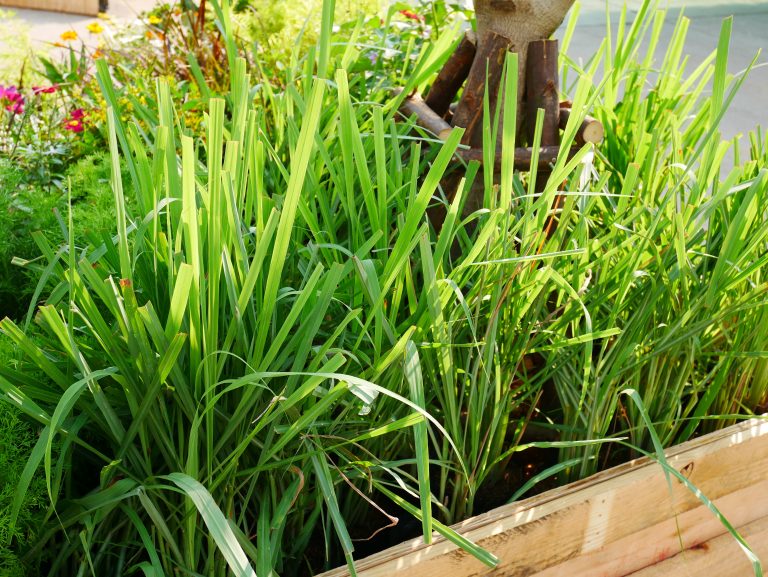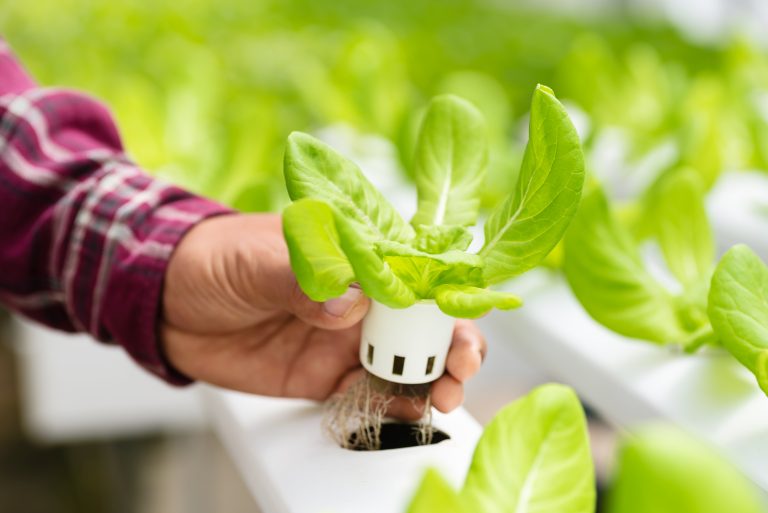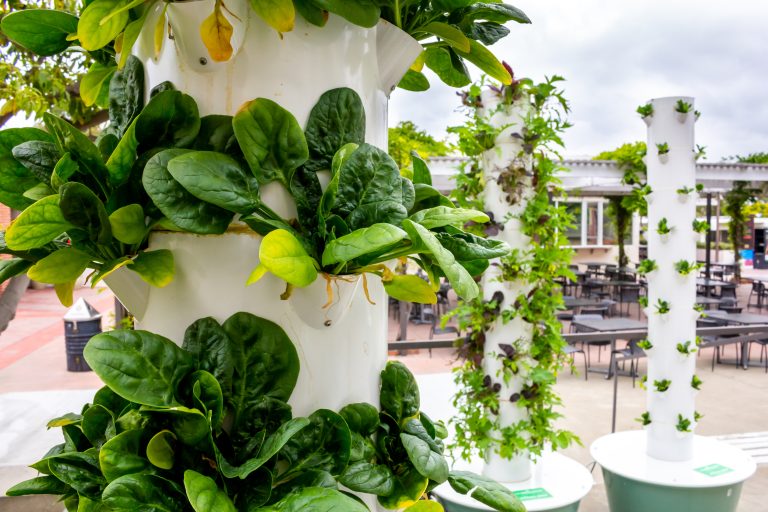9 Top Mental Health Outlets for Well-Being
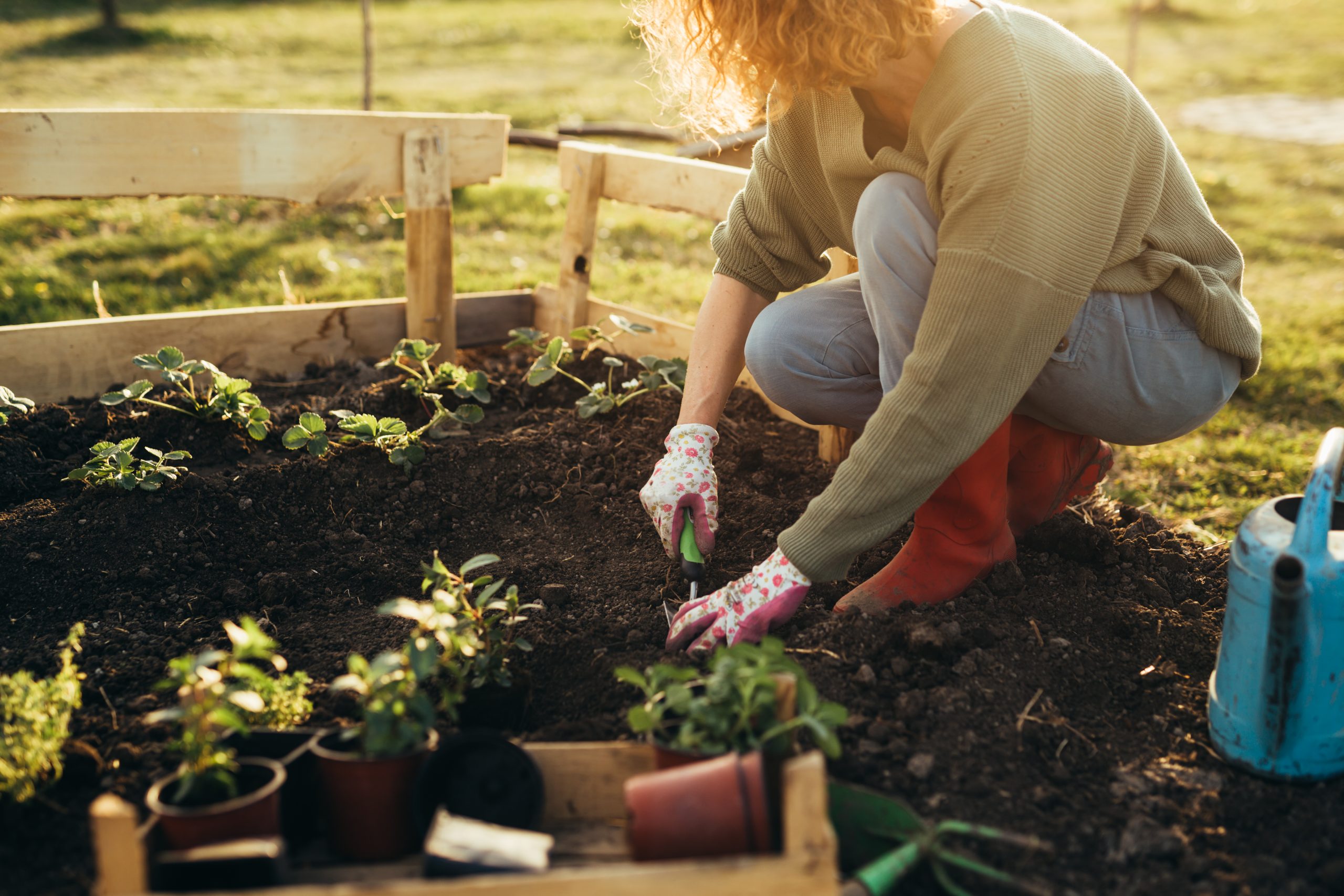
In the bustling concrete jungle, finding solace for our mental health can seem like a quest for a hidden oasis. Yet, urban gardening offers a verdant refuge, providing a myriad of outlets for nurturing well-being amidst the skyscrapers.
Mental wellness is the bedrock of a happy life, yet it’s often relegated to the back burner in our hectic urban existence. It’s about more than just avoiding illness; it’s about thriving, feeling content, and managing stress. In the whirlwind of city life, we must proactively seek practices that bolster our mental fortitude.
Urban gardening, believe it or not, is a powerhouse when it comes to such practices. It’s not just about beautifying spaces; it’s about enriching our minds and spirits. By intertwining nature with nurture, we create an environment where mental wellness can flourish, right on our balconies and rooftops.
1. The Power of Gardening Therapy
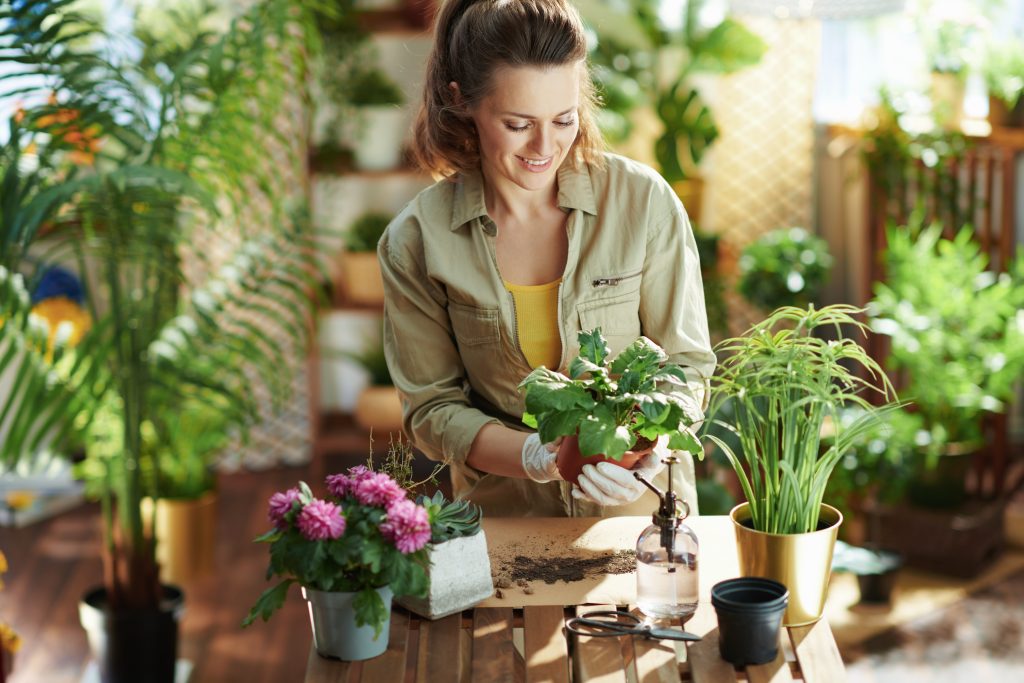
Don’t underestimate the humble act of getting your hands dirty. Gardening therapy (yes, it’s a thing) is a potent form of stress relief, and it’s gaining traction among mental health professionals. The repetitive nature of gardening tasks like weeding and pruning can be meditative, providing a break from the overstimulation of urban life.
Hey hey! Don’t forget to subscribe to get our best content 🙂
As you nurture plants, you’re also nurturing your mind, fostering patience and a sense of accomplishment. Studies have shown that regular interaction with plants can lower blood pressure and improve overall mood. So, next time you’re feeling frazzled, consider reaching for a trowel instead of the TV remote.
2. Embracing Nature’s Serenity
In the concrete jungle, green spaces are like a breath of fresh air for our overworked brains. Creating a personal oasis on a patch of balcony or communal rooftop can be transformative. Embracing nature’s serenity isn’t just about aesthetics; it’s about reconnecting with the earth’s rhythms.
The rustle of leaves and the scent of soil can transport us away from the blare of car horns and the glare of neon signs. It’s no secret that humans have an innate connection to nature (biophilia, to get technical), and urban gardening allows us to tap into that, even in the heart of the city.
3. Mindful Meditation in Green Spaces
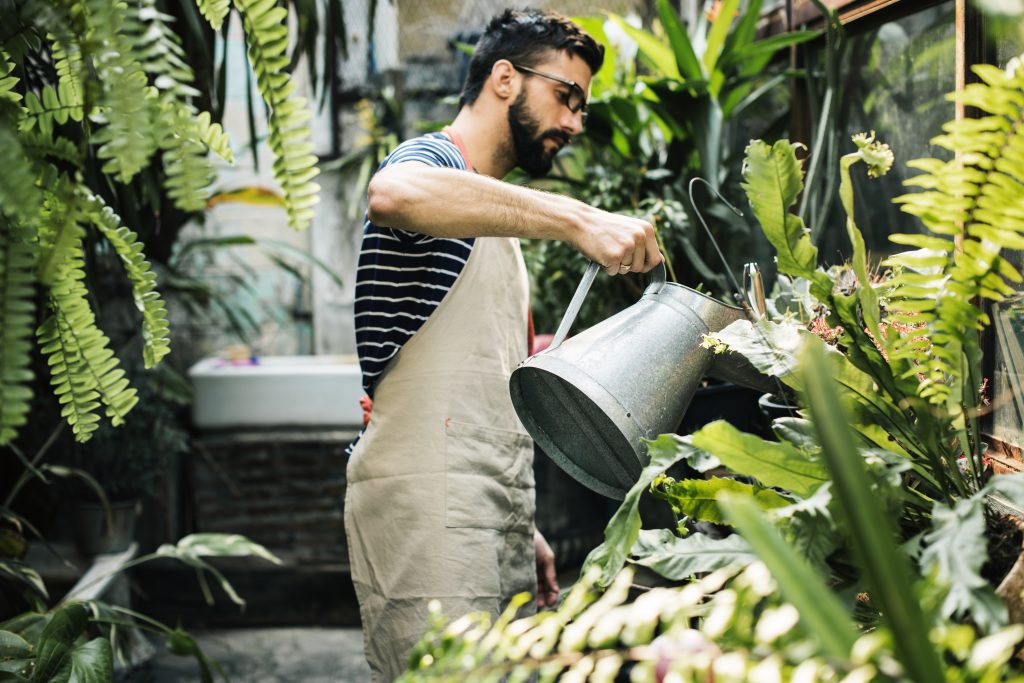
Imagine sitting amidst your container crops, breathing in the fragrance of fresh herbs—this is where mindful meditation in green spaces comes into play. By focusing on the present moment, the sensations of the environment, and the growth around us, we ground ourselves. It’s a sensory experience that can bring clarity and calm to a cluttered mind.
Integrating mindfulness with gardening amplifies the therapeutic benefits, making each watering and trimming session an opportunity for personal reflection and meditation. Let the rhythm of nature guide your breath, and watch your anxieties shrink alongside your burgeoning plants.
4. Physical Activity for Mental Clarity
Gardening isn’t just a sedentary pastime; it’s a form of exercise that can be surprisingly physical. Hauling bags of soil, bending to plant seeds, and stretching to reach those high branches all get the blood pumping. This physical activity releases endorphins, those feel-good chemicals that act as natural painkillers and mood elevators.
Plus, the focus required to tend to your plants can help clear your mind of the mental chatter that often accompanies city living. Think of it as a workout for both your body and soul, with the bonus of a bountiful harvest.
5. Cultivating Creativity and Growth

There’s something inherently creative about coaxing life from a seed. Urban gardening is a canvas for innovation, where experimenting with plant combinations and garden designs can lead to stunning visual displays. This creativity spills over into other areas of life, fostering a growth mindset that embraces learning and resilience.
As your garden evolves, so do you, learning to adapt to the unexpected—like that surprise aphid invasion. (Seriously, they come out of nowhere.) With each challenge overcome, confidence blooms, and isn’t that a beautiful thing?
6. Community Gardening for Connection
One of the greatest aspects of urban gardening is the sense of community it can foster. Community gardens are vibrant hubs where people from all walks of life come together to share knowledge, tools, and sometimes, the fruits of their labor.
These communal spaces offer a chance to connect with neighbors and forge friendships rooted in a shared love of gardening. In a world where loneliness can be as prevalent as the common cold, the solidarity found in community gardens is a precious commodity. It’s about growing relationships as much as radishes.
7. Harvesting Happiness: Plant to Plate

There’s an undeniable satisfaction that comes from plucking a ripe tomato from the vine and knowing it’s the product of your labor. This farm-to-table (or rather, balcony-to-bowl) experience is not only gratifying but also promotes healthier eating habits.
The process of growing and preparing your produce can be a mindful practice, fostering a deeper appreciation for the food we eat. It’s a full-circle moment—sowing, growing, and savoring—that nourishes both body and mind.
8. Seasonal Affective Disorder and Plants
Seasonal Affective Disorder (SAD) can be a formidable foe as the days grow shorter and the sunlight is scarce. But did you know that plants can be allies in this seasonal struggle? Engaging with greenery can help alleviate some symptoms of SAD by providing a reminder of growth and vitality during the bleakest months.
Indoor gardening becomes a beacon of hope, with bright flowers and lush foliage acting as natural mood enhancers. It’s like having a little piece of spring to hold onto, even when the world outside is a grayscale postcard.
9. Sustaining Mental Health Through Horticulture
Sustaining mental health is an ongoing process, one that benefits from the nurturing rhythms of horticulture. The act of caring for plants instills a sense of responsibility and routine, which can be stabilizing for those coping with mental health challenges.
Witnessing the lifecycle of plants—sprouting, blooming, and sometimes wilting—offers valuable lessons in impermanence and resilience. By integrating horticultural practices into our urban lives, we cultivate not only gardens but also a more mindful, patient, and compassionate approach to our mental well-being.
In the heart of the city, urban gardening emerges as a sanctuary for the mind. It’s a testament to the fact that even in the most unexpected places, we can cultivate well-being and find a harvest of happiness.

